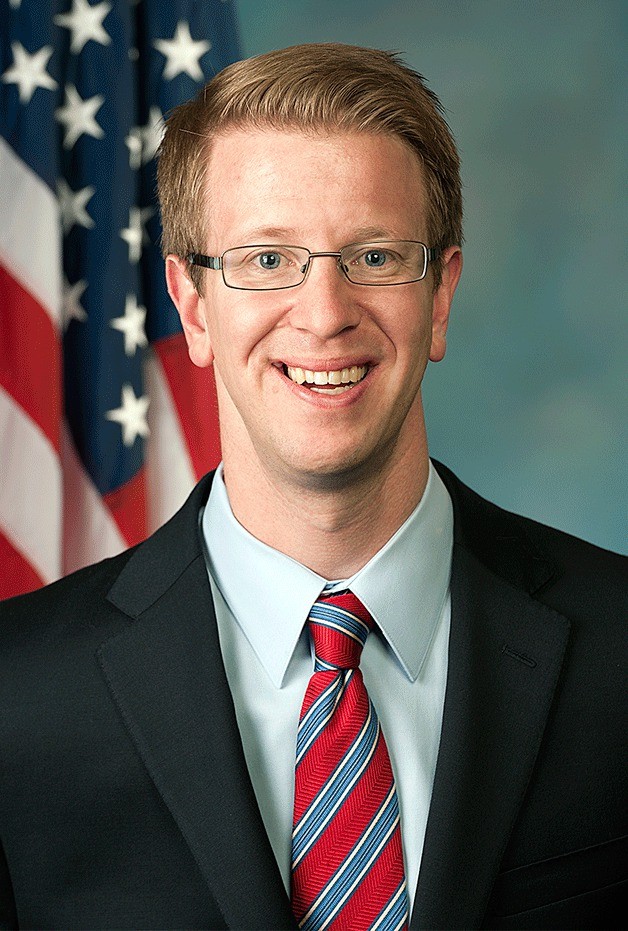BY U.S. REP. DEREK KILMER
Each year on March 30, Bainbridge Island marks the moment in which 276 Japanese-Americans became wrapped up in a fateful decision by the United States government. Instead of standing tall against fear and living up to our nation’s ideals, America chose another path after declaring war on Japan.
Our nation’s decision to send Japanese-Americans to internment camps — to exclude them from their communities rather than embracing them — during World War II put families into upheaval. Here on Bainbridge Island, 276 people stepped onto a ferry and were shipped off to parts unknown, to live under barbed wire and guard. The American Dream was frozen for them; they were excluded from pursuing it.
Bainbridge Island was where the internment policy began. It’s also where you found some of the lone voices who warned about the blemish this would leave on America’s history. In an editorial from the time, this paper wrote, “Who can say that the big majority of our Japanese Americans are not loyal … their record bespeaks nothing but loyalty, their sons are in our army.”
This recognition of a wrong is apparent in the Bainbridge community. It’s also where you’ll find the most remarkable tribute to the people who saw their lives forever changed. The Bainbridge Island Japanese American Memorial came together because of the individual efforts from folks on the island. The community also remembers this year by holding a commemoration ceremony as a reminder that we must not forget.
It’s a moving site and one that pays tribute to each and every person from here that faced internment.
But the community was not done when the walking bridge, gateway, and Memorial Wall opened up. There was one final crucial detail that needed to be added.
Clarence Moriwaki and other community leaders wanted to recognize that this memorial was not just a means of honoring Japanese Americans in our region; it was a way to commemorate their exclusion from their home.
Last year, these leaders asked me to work with them to pass a law to rename this memorial “The Bainbridge Island Japanese American Exclusion Memorial.” Then it would finally, fully reflect what happened.
Clarence, the Bainbridge Island Japanese American Exclusion Memorial Association, the city council and other local leaders turned this into a reality. This is important to tell the whole story, to show that our nation rises every time we fall.
After Congress passed the Japanese American Exclusion Memorial Bill, it was only right that a copy of it make its way to Washington state. So, as part of the commemoration ceremony marking the 73rd anniversary of internment, I will be handing an official copy of this new law over to Clarence and the Bainbridge community.
While we are happy to celebrate this latest chapter for the memorial, this year the commemoration ceremony will also be about those who have passed. Many who lived through these experiences are no longer with us. Some have drawn more attention like Fumiko Hayashida, who will forever be remembered for the photo taken of her on Bainbridge Island as she waited for a ferry.
There is also Frank Kitamoto, who was the leading light in the local movement to preserve the memories of Japanese Americans who were sent to the camps. But at this commemoration, every man, woman, and child must be remembered for what they went through — and for their efforts to rebuild their lives after.
We’ve come a long way since this happened. It’s a testament to this community that we’ve continued to grow as time has moved on — yet we have not forgotten. We are still willing to take time out to remember what happened to our neighbors all those years ago. This memorial and the memories of the names it carries must remain so we can be forever vigilant in fighting prejudice and discrimination.
U.S. Rep. Derek Kilmer represents the 6th District in Congress.



